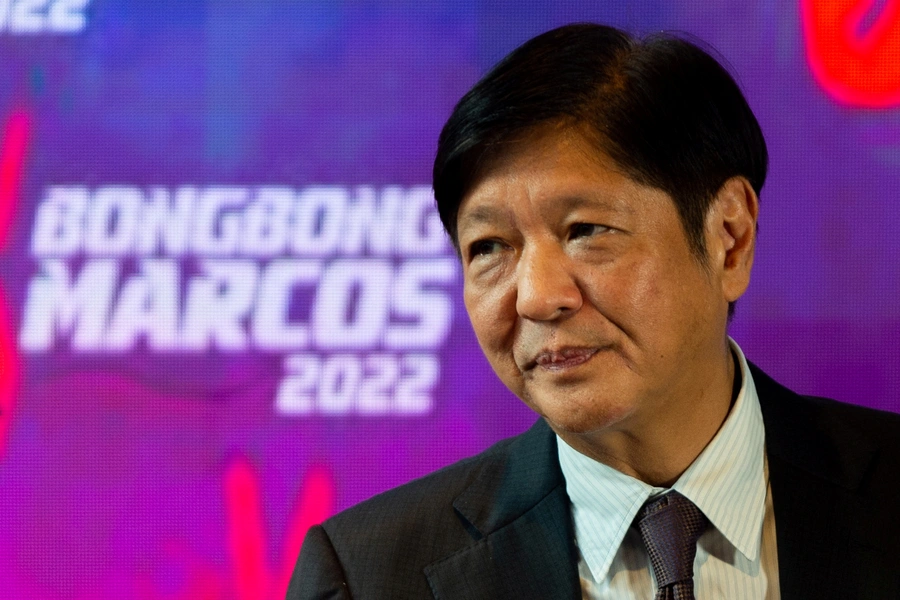Data from the Philippine Statistics Authority showed that inflation in June 2025 accelerated slightly but still remained below the target set by the country’s economic managers.
The nationwide survey, conducted among 1,200 adult respondents, also found that 54% disapprove of the government’s anti-poverty measures. In a separate report by the Social Weather Stations (SWS), 50% of Filipino families—an estimated 14.1 million—classified themselves as poor. Interestingly, the same report noted a record-high 42% of families who now consider themselves “not poor,” up from 32%.
Public Demand for Higher Wages Increases
Public concern over low wages surged, with 51% of respondents identifying wage increases as a pressing national issue—an increase of 17 percentage points. Despite this, Congress failed to pass a legislated wage hike last month that could have added P100 to P200 daily for minimum wage earners.
Pulse Asia emphasized that significant portions of the public remain critical of the administration’s response to several issues, including corruption, hunger, and low worker pay.
Areas of Positive Feedback
Not all government efforts were met with disapproval. The administration received favorable ratings for disaster response, supporting overseas Filipino workers, and assisting farmers. Additionally, a plurality of respondents expressed appreciation for the government’s actions on environmental protection, peace and order, job creation, and upholding the rule of law.
Personal Concerns Still Center on Health, Job Security
The survey also highlighted that personal health remains the most urgent personal concern among Filipinos, followed closely by the need for stable and well-paying employment or income sources.
Pulse Asia conducted the poll from June 26 to 30, 2025, just weeks before President Ferdinand Marcos Jr. is set to deliver his fourth State of the Nation Address (SONA). The survey results have a ±2.8% margin of error at a 95% confidence level.



